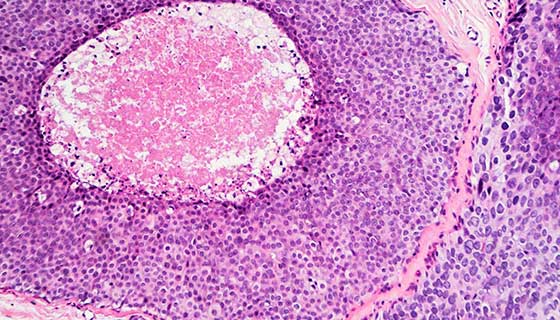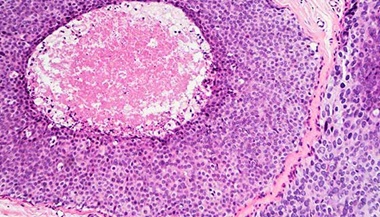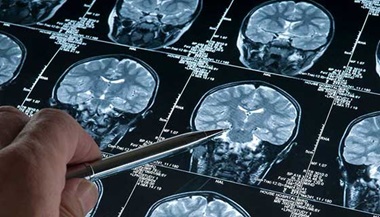The Most Common Brain Tumor: 5 Things You Should Know
A brain tumor diagnosis can sound like a life-threatening situation. But although the symptoms of most brain tumors are the same, not all tumors are malignant.
In fact, meningioma is the most common brain tumor, accounting for about 30 percent of them. Meningioma tumors are often benign: You may not even need surgery.
Here are five key meningioma facts you need to know:
Meningiomas can grow in different places.
These tumors arise from cells in the meninges, the lining of the brain and spinal cord. So technically speaking, they’re not brain tumors at all since they don’t result from mutated brain cells.
But they still grow inside your skull, which means there’s cause for concern. If a meningioma grows or causes swelling that presses against the brain or other structures in the skull, it can cause brain tumor symptoms.
Potential origin sites for meningioma in the brain:
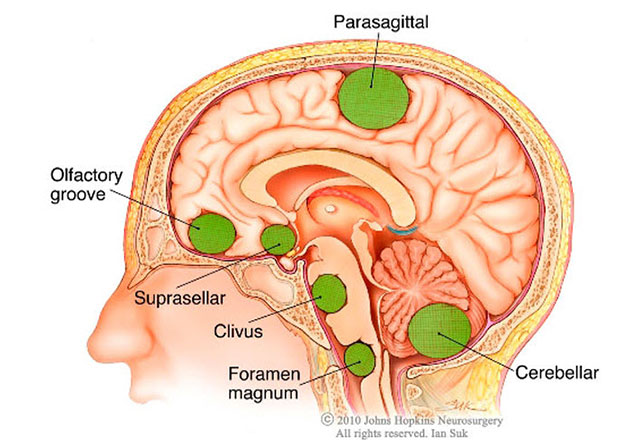
Meningioma symptoms depend on their size and location.
Meningiomas present with typical brain tumor symptoms such as headaches, vision problems or seizures. A headache--even a severe one--on its own is seldom a symptom of meningioma or any other brain tumor.
Larger meningiomas can block the flow of cerebrospinal fluid, resulting in hydrocephalus (“water on the brain”) which can affect gait and memory. Other tumor locations can affect your sense of smell, vision, hearing or even the function of your pituitary gland.
A meningioma diagnosis may occur when the doctor is looking for something else.
Brain tumor diagnosis is often incidental — that is, the doctor discovers a tumor on a CT or MRI while examining the individual for another reason such as a head injury or another neurologic problem.
When a doctor diagnoses a meningioma, you will get further tests to find out how the tumor is likely to behave. Based on these data, a neurosurgeon will recommend removing the tumor or just watching it to see if it grows.
Most meningiomas do not spread.
It can be shocking for someone to be diagnosed with a meningioma — especially a large one — but these tumors are usually benign. This means that the tumor cells are not likely to spread to other parts of the body.
That said, meningiomas can quietly grow for years without causing any problems — and they can get surprisingly large.
Meningioma treatment: surgery — or not
Sometimes, believe it or not, your doctor may recommend observation for meningioma, especially if it’s small and not causing problems. You’ll have regular MRIs to check on it.
Otherwise, the main treatment for meningiomas is surgery to remove it, through a craniotomy or other procedure. Your doctor will go over what the operation will involve, the approach to access the tumor and what you can expect afterward.
How does a neurosurgeon operate on a meningioma? It’s all about location. Depending on where the tumor is, each approach will be different. Tumors close to the surface are typically easier to access than those located along the skull base.
Skull base tumors are those located deep in the skull, behind the nose or eyes. These can be challenging, and call for surgeons with skill and expertise in this kind of surgery.
There are a number of new techniques in brain tumor surgery, even for tumors located deep in the skull, and some of these are less invasive.
One system involves a camera-assisted tube that gently moves brain tissue aside so surgeons can reach the tumor with less cutting, so patients can recover faster,
After your treatment you will have regular MRIs to ensure the tumor isn’t returning.
In many cases, it won’t. After 10 years, about 90 percent of patients who have had a meningioma have not seen a recurrence if the tumor is removed completely, including the part of the brain lining from which it grew.
Regardless, the best thing to do if you’re diagnosed with a meningioma or any other tumor is to get the facts, stay informed and work with the most experienced neurosurgeon and care team you can find.
The Johns Hopkins Proton Therapy Center
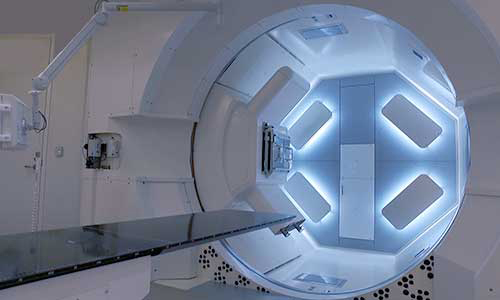
Proton therapy is used to treat certain tumors in children and adults. Our treatment center, located at Sibley Memorial Hospital in Washington, D.C., combines advanced proton therapy technology, the latest research and caring specialists.


